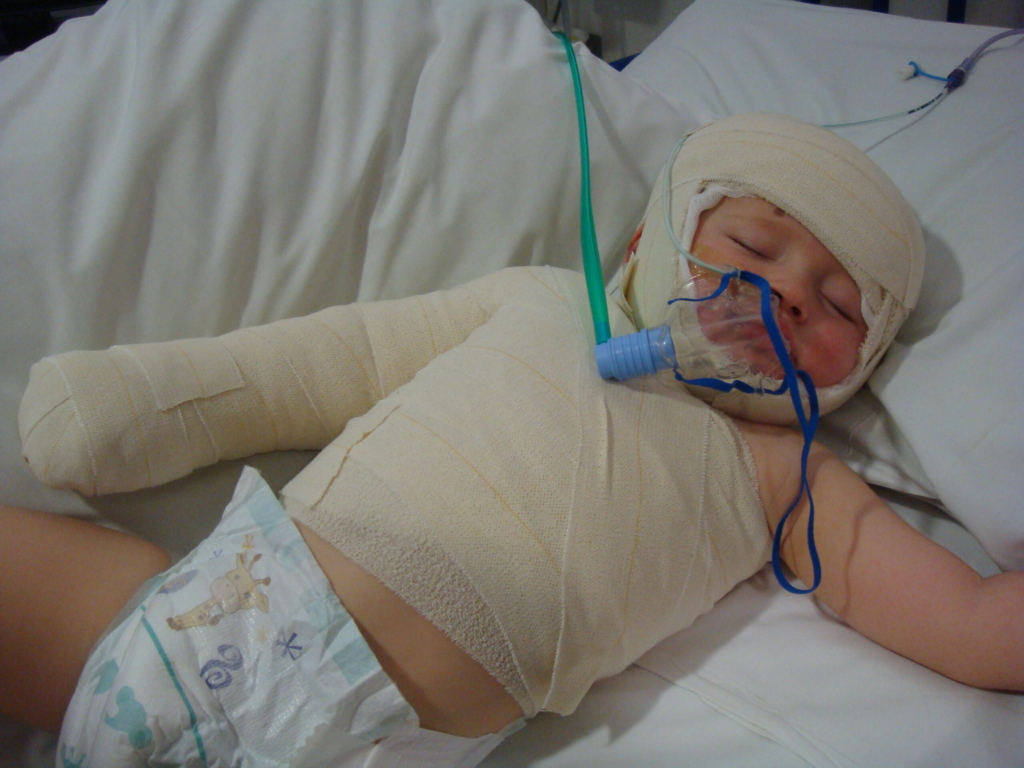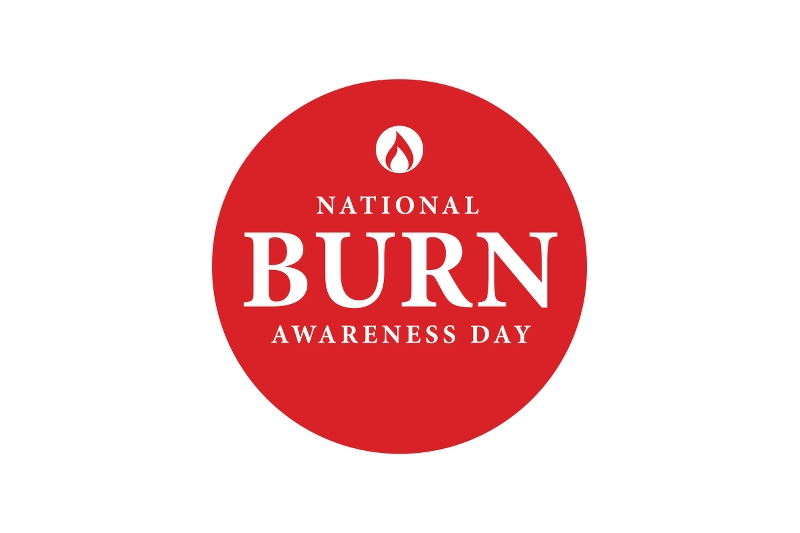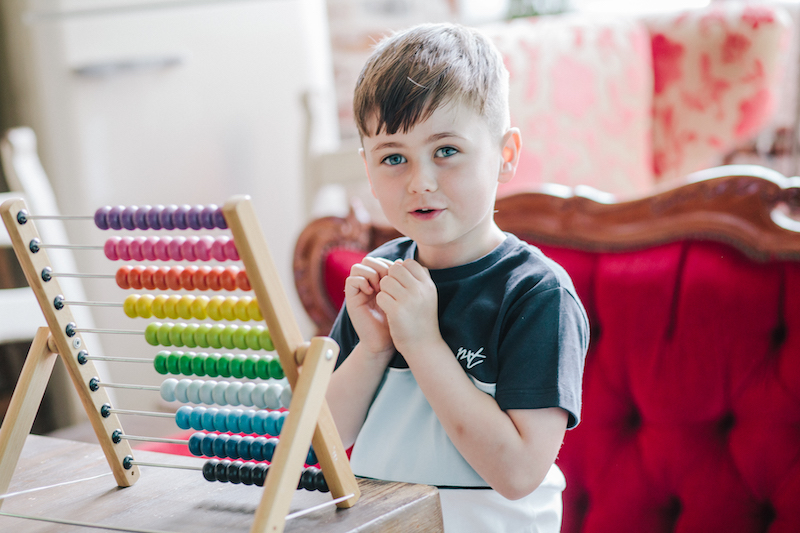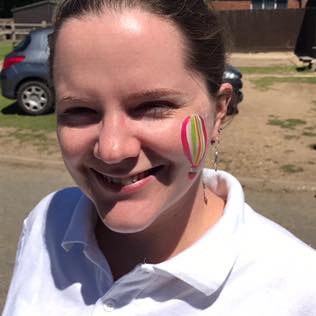Interview with Rebecca Connabeer Clinical Psychologist at Broomfield Hospital
Rebecca Connabeer is a Clinical Psychologist at Broomfield Hospital in Chelmsford and works in the Psychological Therapies Service (PTS) and the Children’s Burns Club (CBC). We talk to her about her career, and what her working week looks like in the field of burns rehabilitation.
Where did you begin your career as a Psychologist?
It all began here at Broomfield! I did my final year placement here as a trainee Clinical Psychologist and at the end of my training I was very fortunate that a position came up with the CBC that I applied for and was successful.
What would a “normal” working week look like for you?
I now work part-time since having my little boy, but I have kept both my roles so my week has lots of variety.
For my role with the PTS I am often on the burns wards themselves where I am supporting children and families with the immediate emotional distress that occurs following a burn injury. On the wards I am also involved in helping prepare children for dressing changes and other medical interventions; working alongside the play specialists or nurses to try and reduce anxiety through relaxation and distraction techniques. Outside of the ward work I see some regular patients that need on-going support around issues such as confidence, bullying and body image. I also attend outpatient clinics, meetings and run support sessions and training for staff on the psychological impact of burn injuries.
I spend the rest of the week with the Children’s Burns Club team planning and preparing for our next events. Occasionally I manage to squeeze in some time for research for the CBC as we are always trying to evaluate the impact of CBC on children and families lives.
How long have you worked in the field of burns? What made you choose it as a specialism?
I have been working in burns for 5 years now. I have always had an interest in trauma work and when I did my placement here I just loved the complexity and variation of the work and most of all the brilliant team and I knew I wanted to stay.
Working in rehabilitation, you see first-hand what support helps individuals and families the most. What makes the biggest impact, do you think?
Personally I think the biggest impact comes from giving children and families the opportunity to meet and hear from others who have been or are going through a similar experience to them – as is the main aim of the CBC. This makes them feel less isolated and in turn has a significant positive impact on mood and self-esteem. I have seen how giving this opportunity in a structured way facilitated by psychologists or other psychological therapists is often the most helpful and containing.
You were one of the original group of people who started the Family Weekends in Littlehampton. Tell us about this time and why you started the events.
A burn injury has a significant impact on the whole family and we were aware from our CBC events how much families benefited from time away with other families. However we also identified that they often needed additional professional support particularly in the first two years following a burn injury that they weren’t always accessing for a number of different reasons. Therefore we decided to combine the two and hence the Littlehampton family weekend was born where play specialists, physios, occupational therapists and psychological therapists come together to support six families from across the London and South East Area Burns Network.
Tell us about your work with the Children’s Burns Club…
My main role is to deliver workshops and support groups to children and young people as well as their siblings and parents/carers. Unfortunately seeking support for our emotional health still has a big stigma in this country: however, being able to offer support alongside a fun day out or weekend away out in the community helps to tackle this stigma and increases access to this support for people that may not otherwise receive it.
How does your work at the hospital complement your involvement with the Children’s Burns Club, and vice versa?
I feel I have the best of both worlds. I get to support people at often their most difficult moments during the initial stages of their burn injury in my work with the PTS but then support them along the journey to recovery, watching them heal physically and emotionally over time in my work with the CBC.
What would you say is the most satisfying part of your job?
Feeling that in some small way I have made what is often one of the most difficult times in a person’s life just that little bit easier. That and seeing the smile on a child or young person’s face when they’ve achieved something they never thought they’d be able to at one of our CBC events!
Powiązane treści

Przekaż nam darowiznę

Kampanie


